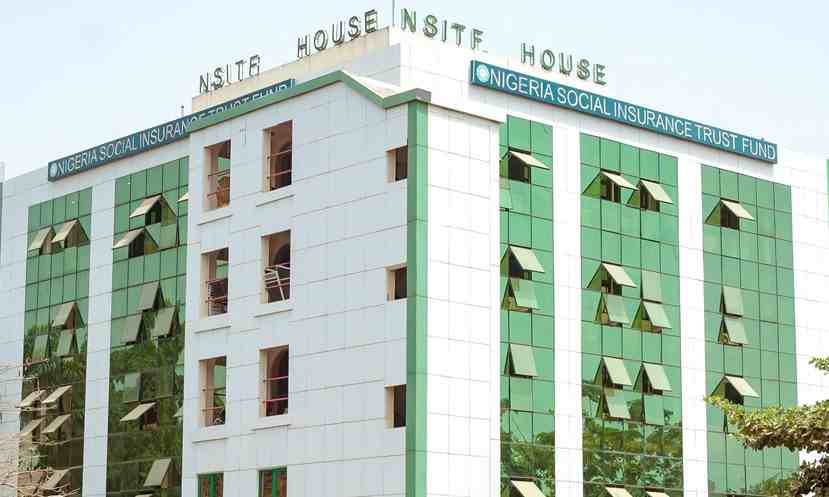The Organised Private Sector of Nigeria (OPSN) has rejected the Senate’s proposed amendment to the Nigeria Social Insurance Trust Fund (NSITF) Act, describing it as a dangerous attempt to politicise and take control of workers’ social protection funds.
The OPSN, which includes the Manufacturers Association of Nigeria (MAN), Nigeria Employers’ Consultative Association (NECA), NACCIMA, NASME, and NASSI, warned that the amendment would undermine transparency, accountability, and the Fund’s governance structure.
In a joint letter to the Senate President, the Directors-General of the five organisations urged the Senate to stop the legislative process, arguing that the proposal violates international labour standards and weakens the NSITF’s tripartite structure representing government, employers, and labour.
The group noted that the planned amendment would reduce the influence of employers and workers—who are the main contributors—while increasing government control through political appointments. It said such a move contradicts International Labour Organisation (ILO) conventions that promote participatory and transparent management of social security institutions.
According to the OPSN, replacing the current management board with a politically dominated structure would erode the Fund’s autonomy and expose workers’ contributions to mismanagement. It also cautioned against creating parallel structures that could cause confusion and violate international norms.
The private sector coalition criticised the Senate for focusing on what it called an unnecessary amendment instead of prioritising the long-delayed Nigeria Labour Law Bill, which aims to strengthen workplace safety and labour relations.
Calling for intervention from President Bola Tinubu and Senate President Godswill Akpabio, the OPSN insisted that the NSITF must remain independent, transparent, and rooted in international best practices.
It reaffirmed its commitment to working with government and labour unions to protect the welfare and security of Nigerian workers and to preserve the integrity of the NSITF.

